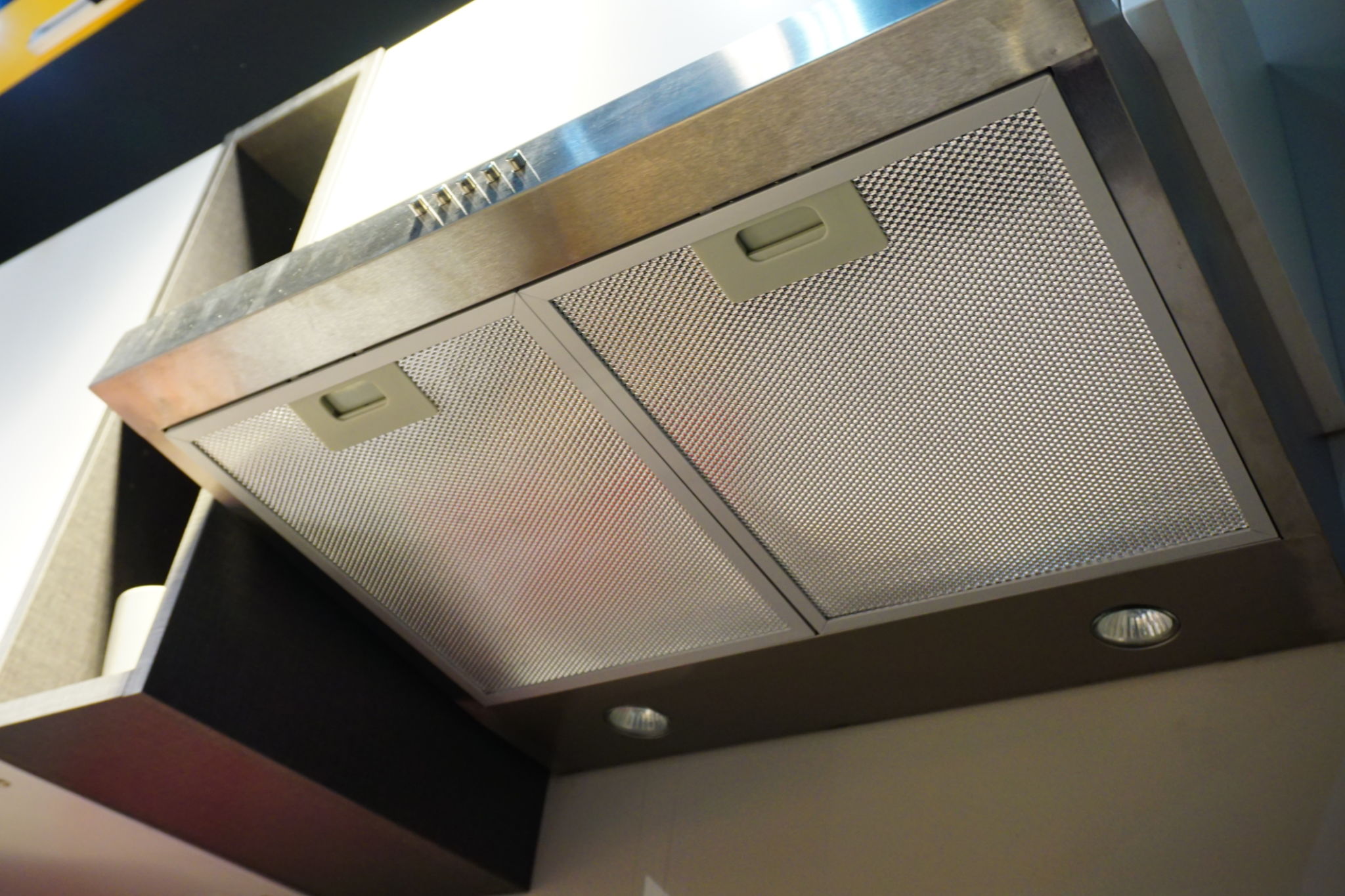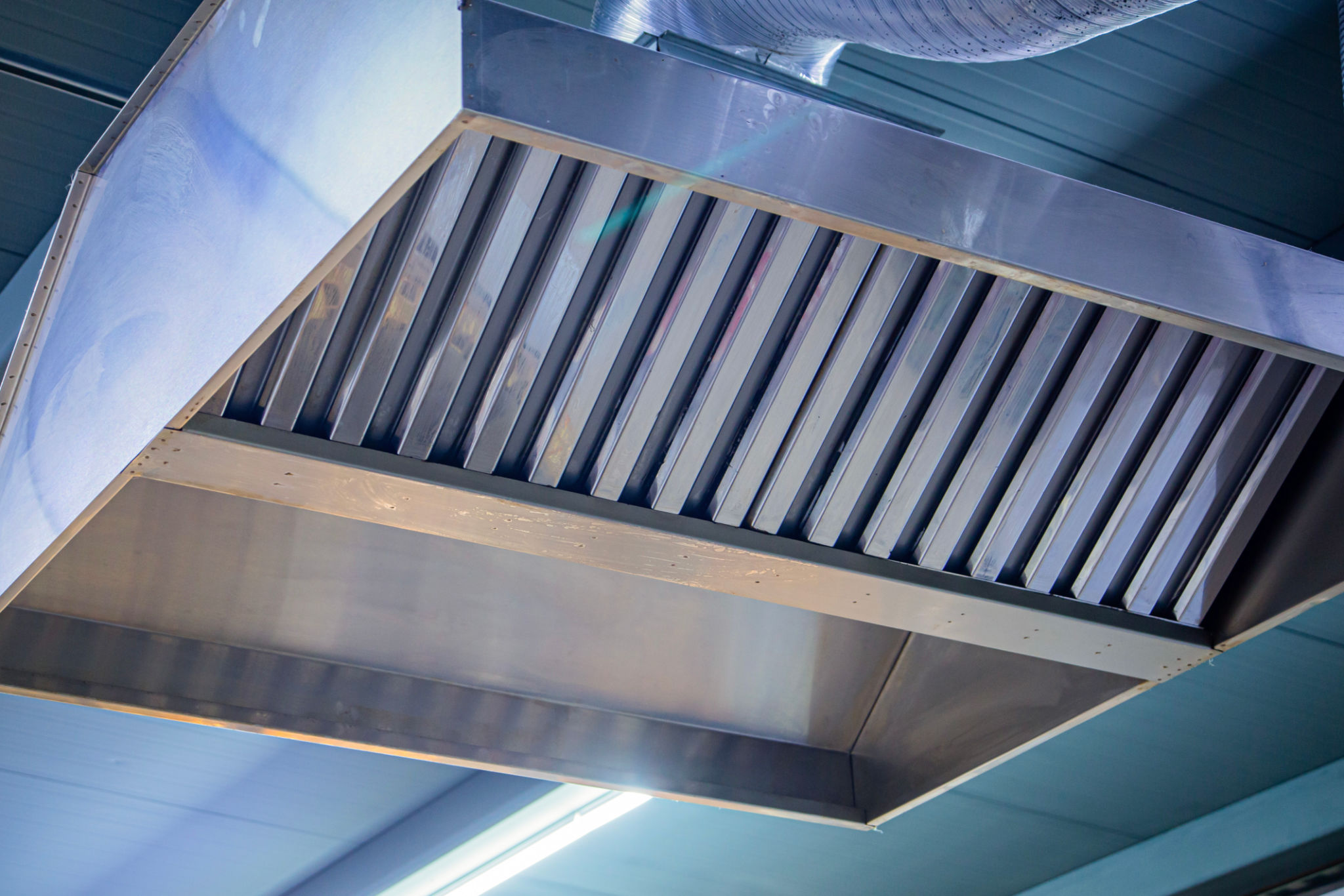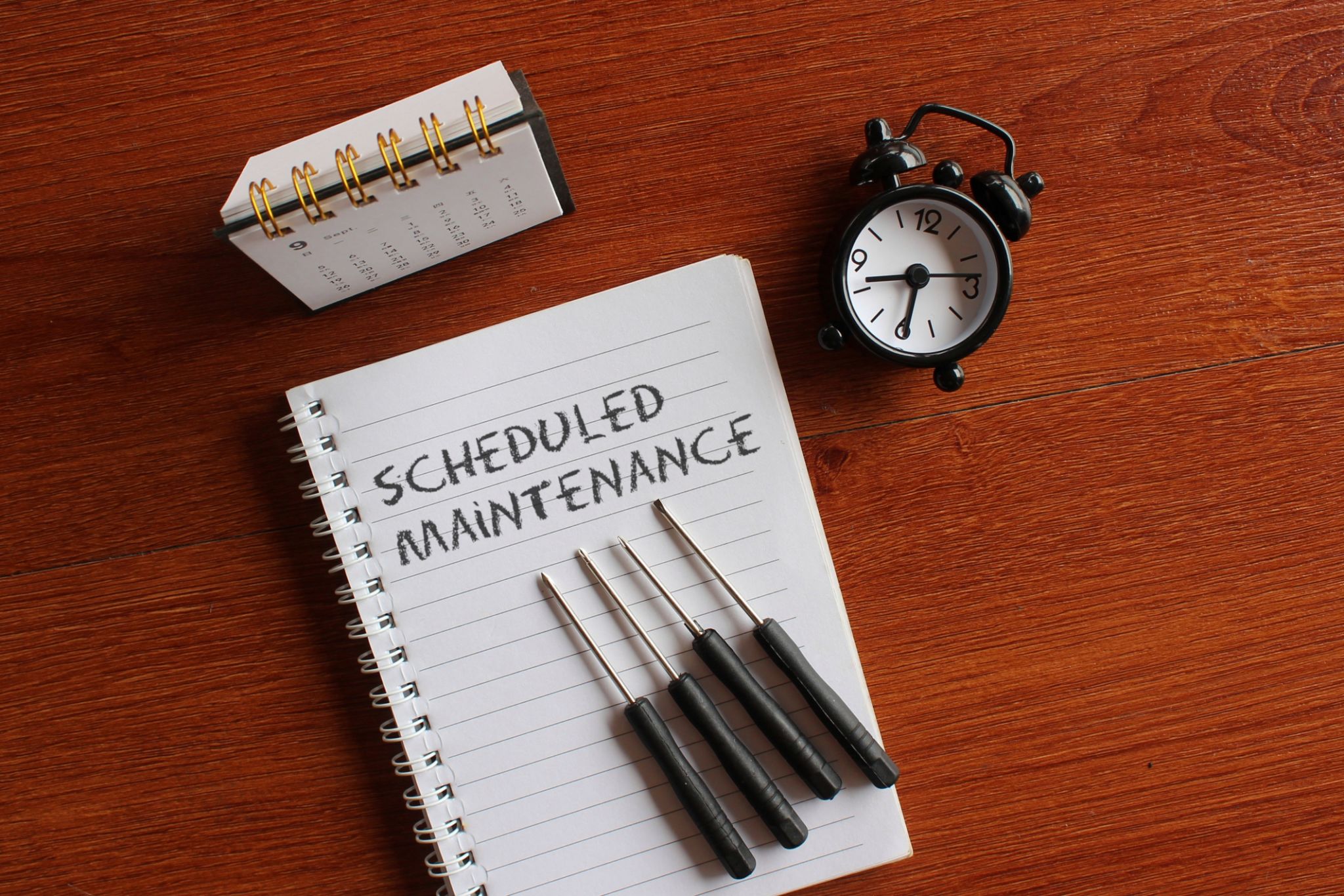Expert Tips for Maintaining a Safe and Efficient Commercial Kitchen Exhaust System
Understanding the Importance of a Clean Exhaust System
Maintaining a **safe and efficient commercial kitchen exhaust system** is crucial for any foodservice establishment. A well-functioning exhaust system not only ensures proper ventilation but also plays a significant role in fire prevention. Regular maintenance can prevent grease buildup, which is a common fire hazard in commercial kitchens.
Proper ventilation also contributes to a healthier work environment by removing smoke, steam, and other airborne contaminants. It enhances air quality, which is essential for the well-being of both staff and customers. Therefore, investing time and resources in maintaining your kitchen exhaust system is not just about compliance; it's about safety and efficiency.

Regular Cleaning and Inspection
One of the most effective ways to maintain your exhaust system is through **regular cleaning and inspection**. The frequency of cleaning can depend on the type of cooking and the volume of food prepared, but a general rule of thumb is to clean the system at least every three months.
During inspections, focus on key components like the hood, filters, ducts, and fans. Look for signs of excessive grease buildup, wear and tear, or any blockages. Hiring a professional cleaning service is often recommended, as they have the expertise and equipment to thoroughly clean all parts of the system.

Using the Right Filters
Filters play a critical role in capturing grease and preventing it from entering the ductwork. It's important to use the right type of filters for your specific exhaust system. Baffle filters are common in commercial kitchens due to their effectiveness in trapping grease while allowing air to flow freely.
Regularly replacing or cleaning these filters is vital. Some filters are dishwasher safe, while others may need professional cleaning. Always follow the manufacturer's guidelines for maintenance to ensure optimal performance.
Implementing a Maintenance Schedule
Establishing a **routine maintenance schedule** can help keep your exhaust system in top condition. This schedule should include regular cleaning, inspections, and filter replacements. Assigning specific staff members to oversee this schedule can ensure consistency and accountability.
Keep detailed records of all maintenance activities, including dates, services performed, and any issues identified. This documentation can be useful for compliance purposes and can help identify patterns or recurring problems that need addressing.

Training Kitchen Staff
Your kitchen staff plays a significant role in maintaining the exhaust system. Providing them with proper training on how to operate and care for the equipment can prevent misuse and damage. Teach them about the importance of regularly checking the system for any visible issues like unusual noises or odors.
Encouraging staff to report any concerns promptly can lead to quicker resolutions and prevent small issues from escalating into major problems. Cultivating a proactive approach to maintenance will benefit your kitchen's safety and efficiency in the long run.
Seeking Professional Help
While some maintenance tasks can be handled internally, there will be times when professional expertise is necessary. Hiring a certified technician for annual inspections can ensure that your system complies with local regulations and operates efficiently. These professionals can also provide valuable advice on potential upgrades or improvements.
By combining regular internal checks with professional services, you can extend the lifespan of your exhaust system and maintain a safe working environment for your team.

